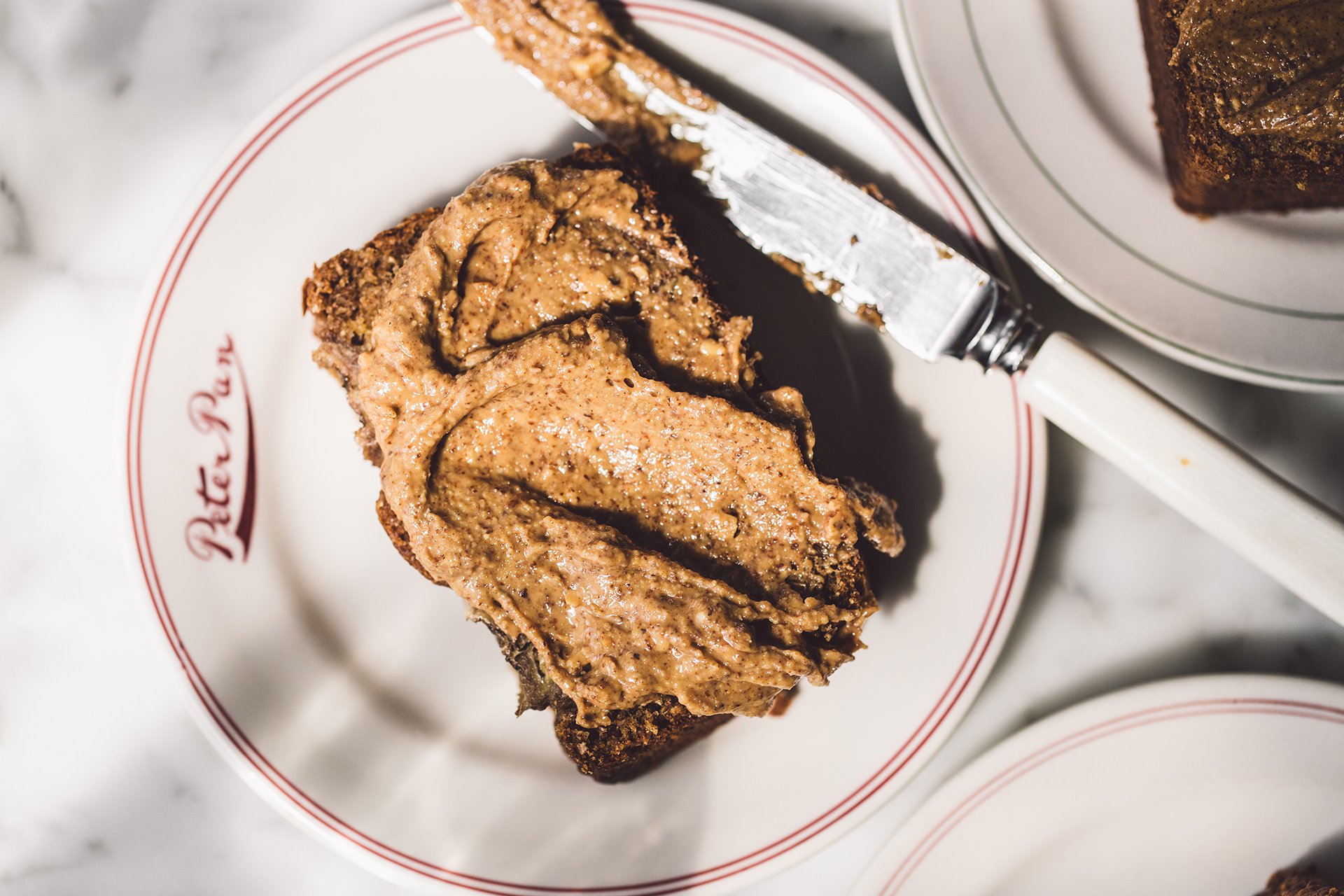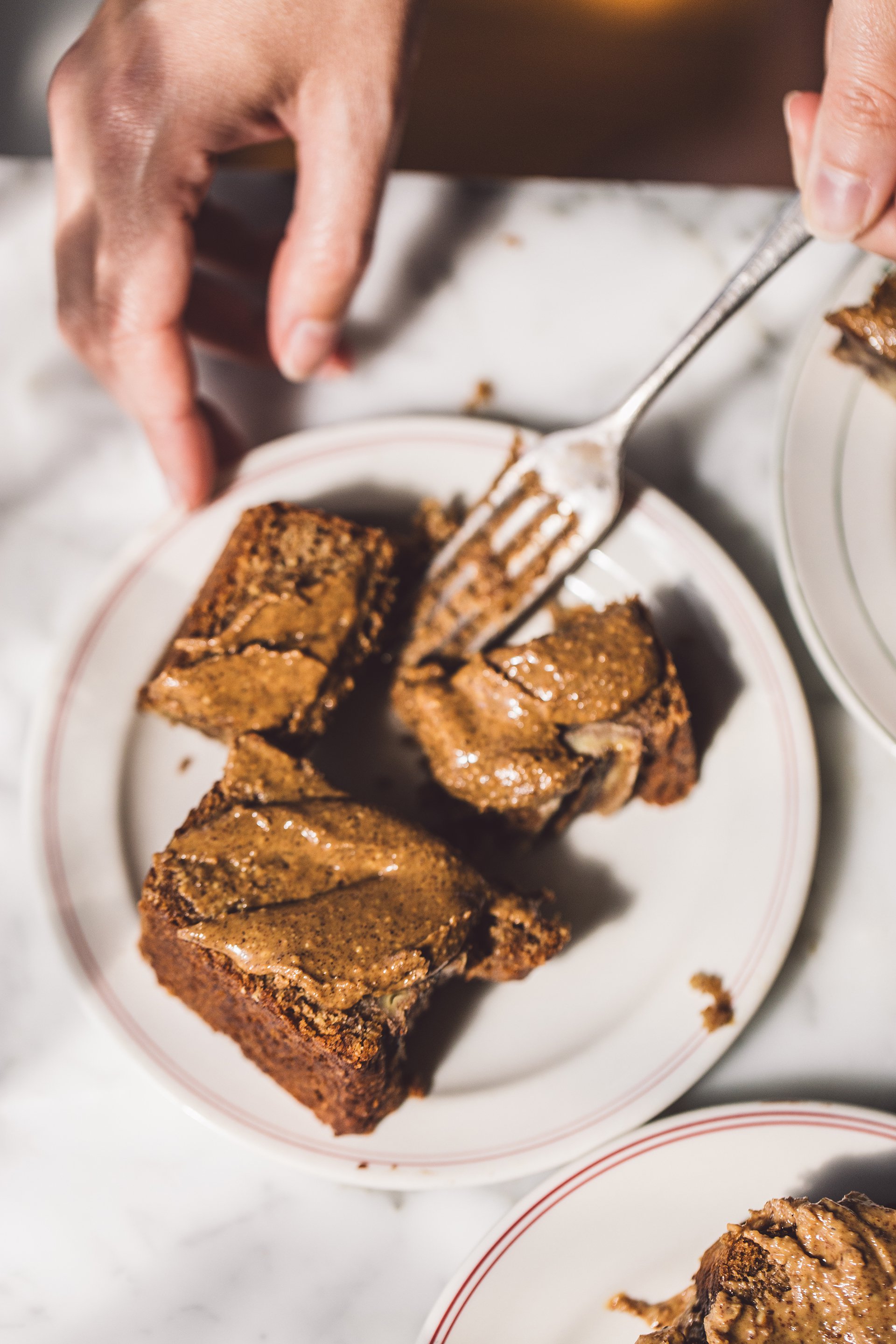It's a daunting prospect for many, changing eating habits, food is extremely personal. But perhaps if you are here, you want to prepare your own food from scratch, to eat more plant-based, it’s an opportunity to and has been to date effective, to scale, in awakening people to the flaws in our food system. That’s why I’m here. I think it is more critical that we prioritise plant-based, for ourselves, for our environment, because “eating meat has ‘dire’ consequences for the planet.” It is not to say that meat and dairy will go away, I don’t think they will, become less relevant yes, there are indicators everywhere. It just means that more of us will adopt a more plant inclusive approach to eating, plant-based rather than vegan because that is more practical and we need practical.
Perhaps the incentives are not in place which would support the transformation of our food system. Branded what the authors call a “Great Food Transformation”, it outlines strategies that range from the least active, simply sharing information, to the most aggressive, eliminating consumer choice. Corporatised organic farming isn’t the answer, and neither are GMOs, what is required is a radical overhaul of the way food is grown, produced and eaten across the globe. No single measure is enough to keep climate change effects within all planetary boundaries: the “nine processes and systems [that] regulate the stability and resilience of the Earth System that together provide conditions upon which our societies depend,” simultaneously, and that a synergistic combination of measures will be needed to sufficiently mitigate the projected increase in environmental pressures. The EAT-Lancet Commission, a three-year project of 37 experts calling for sweeping food system changes to boost human health and preserve environmental resources outlines this best in their briefing to everyone. “A diet that includes more plant-based foods and fewer animal source foods is healthy, sustainable, and good for both people and planet. It is not a question of all or nothing, but rather small changes for a large and positive impact.”For further reading on this topic I would recommend the following:
Eating animals Part memoir, part investigative reporting, this book is a moral — and at times philosophical examination of our dining habits, veganism and farming. Eating Animals also lends itself to be an ideal companion in justifying your dietary choices to others.
Meathooked: The History and Science of Our 2.5-Million-Year Obsession with Meat Taking a non-confrontational approach, this fascinating book highlights the history behind both the cultural and societal obsessions with meat eating. While identifying as vegetarian, the author does admit to lapsing occasionally, and as such, Meathooked pairs well with How Not To Die or China Study.
Animal Liberation This is the book that started the modern animal rights movement. A philosopher and intellect, Peter Singer approaches the topic of speciesism from an ethical perspective, and Animal Liberation is, at times a confronting and uncomfortable read. So if the chief task of philosophy is critical thought, in failing to recognise the cultural and societal influences, supplementary reading of Meathooked is advised.
The China Study Recognised by The New York Times as the "Grand Prix of epidemiology", The China Study is one of the most comprehensive nutrition studies ever undertaken. Combining scientific research from The China Study project — in partnership between Cornell University, Oxford University, and the Chinese Academy of Preventative Medicine and influential nutrition research, The China Study is not your average diet book. It is, however, perhaps the most important book ever written about diet and health.
How Not to Die: Discover the Foods Scientifically Proven to Prevent and Reverse Disease When it launched How Not To Die, while controversial, is quite possibly one of the most comprehensive nutrition books ever written. Organised by the fifteen top causes of death, Dr Gregor's advice is backed up by extensive scientific research and it quite literally a practical approach to how not to die.
Diet For a Small Planet Probably the most important book on nutrition and politics ever written. If you don't immediately see the relationship between the two, then read this book.










